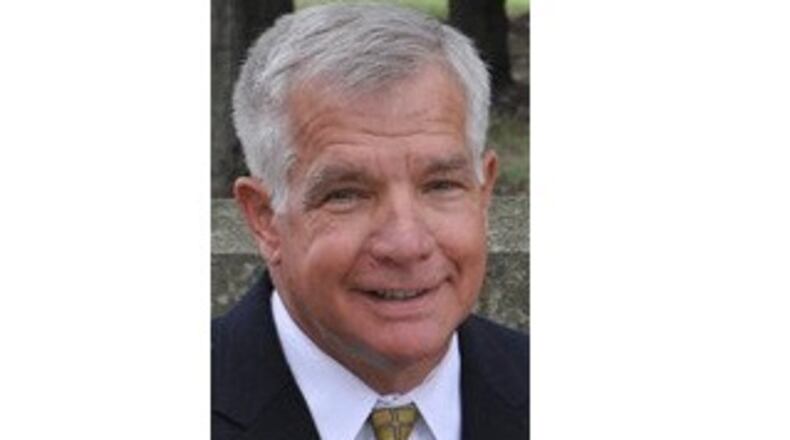The career of Staton began his career with the city of Dayton. He served as the assistant city manager, director of office management and budget and director of public works.
Montgomery County Juvenile Judge Anthony Capizzi worked with Staton while he was a Dayton city commissioner.
“He was always a professional but more importantly some who was honest and earned respect. He worked hard, was always prepared and earned a reputation of being fair,” Capizzi said. “He had the ability analyze complex issues, find workable options and then negotiate reasonable solutions on behalf of the community he serve with the business community, labor unions, and stakeholders.”
Staton left Dayton in 1995 after he was fired as assistant city manager of strategic services. He had worked for the city since 1979.
Then-Dayton City Manager Bill Estabrook drew criticism from four commissioners because he failed to tell them he fired Staton, according to a Dayton Daily News article from Feb. 4, 1995.
Estabrook wanted to bring in his own team, which is what lead to the firing.
Staton left Dayton and became city manager for East Lansing, Mich., before ending his career in Upper Arlington.
City officials from Upper Arlington praised Staton’s work for the city and how he came at a very challenging time.
“His depth of expertise, especially in the area of municipal finance, provided the bold leadership necessary to ensure our long-term fiscal well-being - notably through the conception and passage of Issue 23 to provide ongoing funding for investment in our city’s valuable capital assets, such as roads and parks,” City Council member Michele Hoyle said. “Thanks to Ted, we are poised to thrive in our second century.”
Staton was born in 1955 to the late Millard and Virginia of Dayton. He graduated from Wright State University with a bachelor’s in political science and a master’s in public management.
He completed the Program for Senior Executives in State and Local Government at the John F. Kennedy School of Government located at Harvard University.
He is survived by his wife, Carol, and sons, Paul and Bennett.
His obituary stated: “For him, public service was a vocation and a passion. He was a firm believer in the value of good, ethical governance, and the provision of core services to assure a high quality of life for the members of any given community.”
About the Author
